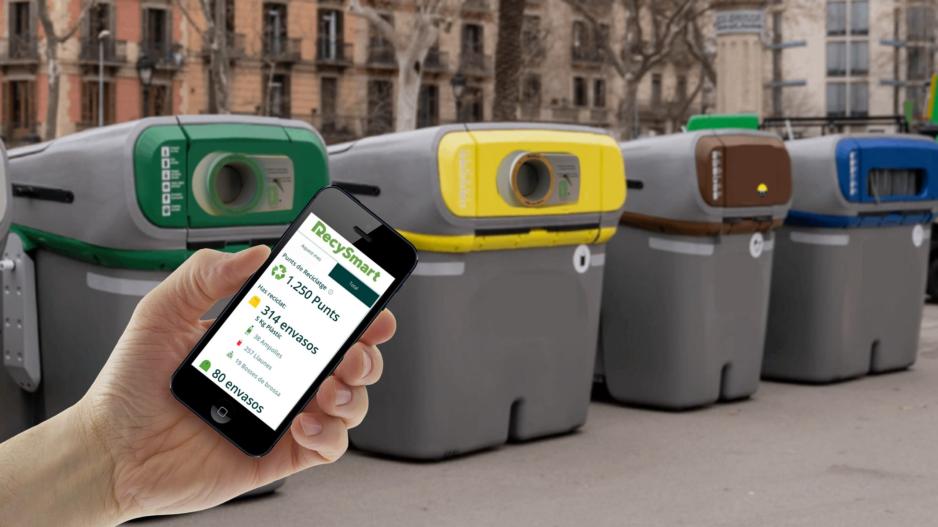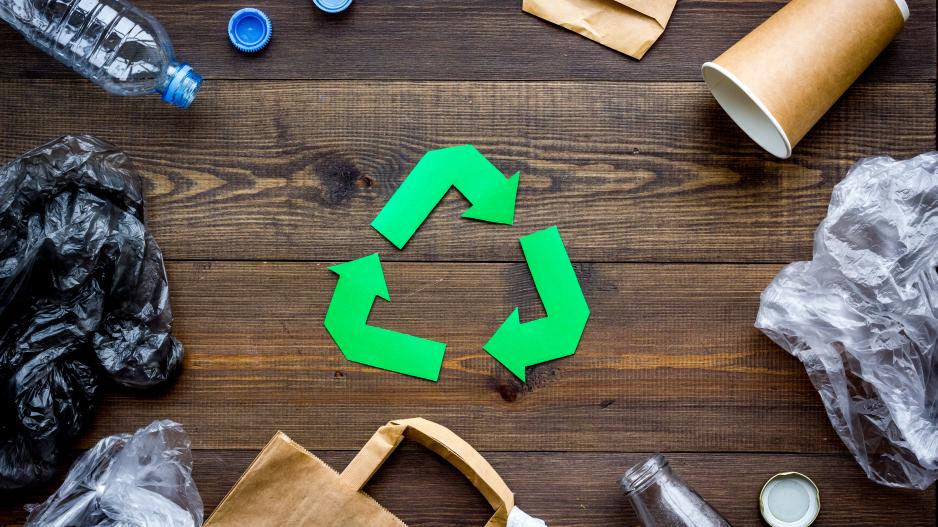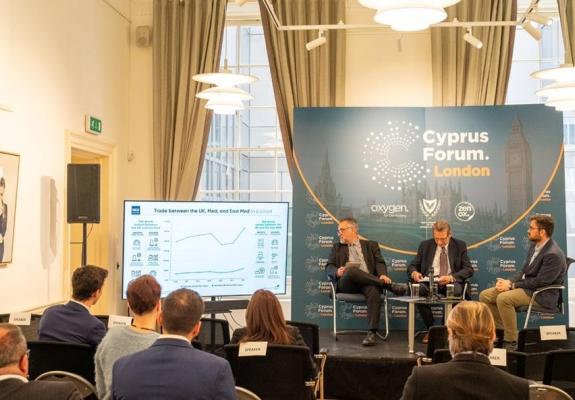"Pay As You Throw": Costs Estimated Between €150-€250 Annually for Households
To support local authorities, €25 million in financial assistance has been allocated for implementing PAYT.
The "Pay As You Throw" (PAYT) system, designed to incentivize waste reduction and improve recycling, is set to launch in Cyprus. According to Agriculture, Rural Development, and Environment Minister Maria Panayiotou, the total cost for households, including fixed fees and the cost of special waste bags, is projected to range between €150 and €250 annually.
Speaking at the Parliamentary Committee on the Environment, Panayiotou emphasized the urgency of implementing PAYT to align with European waste management goals.
Panayiotou described PAYT as an integral part of Cyprus’s waste management strategy to reduce its per-household waste volume, which currently ranks among the highest in Europe. The system aims to promote sorting waste at its source as the most effective way to minimize disposal. To support local authorities, €25 million in financial assistance has been allocated for implementing PAYT.
The minister also highlighted that the program is designed to improve compliance with climate and environmental targets, including increased recycling rates and proper waste management.

While some lawmakers expressed concerns about the costs being higher than current household waste fees, Panayiotou clarified that these estimates are based on initial projections by local authorities. She noted that the PAYT system would encourage proper sorting, gradually lowering costs for individuals over time.
She also mentioned that Cyprus is exploring other waste management practices, such as energy production from waste, which are being examined in an upcoming sustainability study.
Chairman of the Parliamentary Committee on the Environment, Haralambos Theopemptou, stressed that waste separation at the source is essential for effective recycling. He noted that removing organic waste, which constitutes 50% of household waste, along with recyclable materials (10-12%), would significantly reduce waste volume and improve the efficiency of processing facilities in Pentakomo and Koshi.
Theopemptou underlined the importance of achieving EU recycling targets—50% by 2024, 55% by 2025, and 70% by 2027. He warned that failing to implement the system would result in missed targets and mounting challenges for Cyprus’s waste management system.
To support PAYT, Cyprus is upgrading its municipal waste management infrastructure. Contracts for these upgrades are expected to be awarded starting in January, ensuring that the necessary systems are in place for successful implementation.






